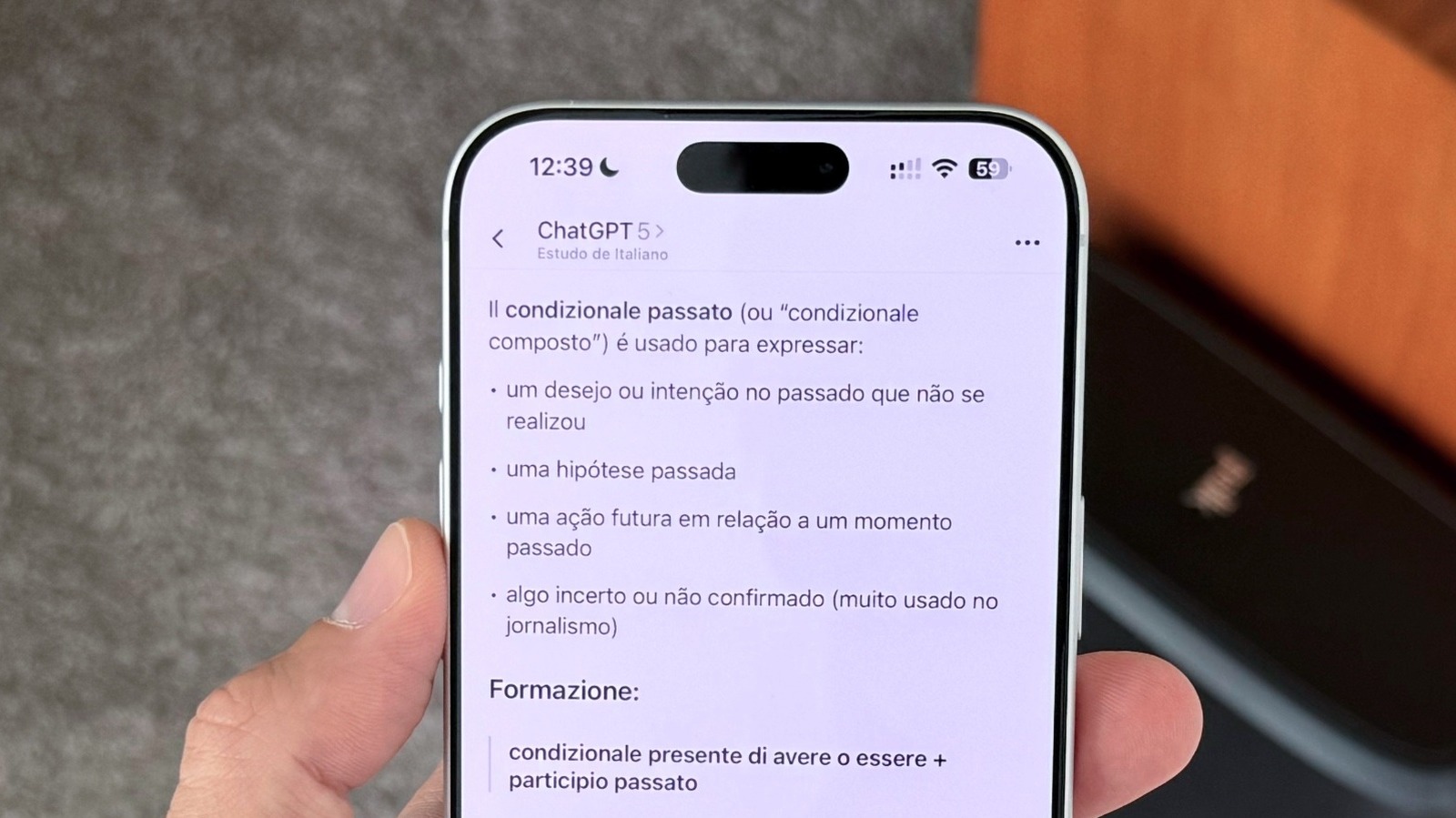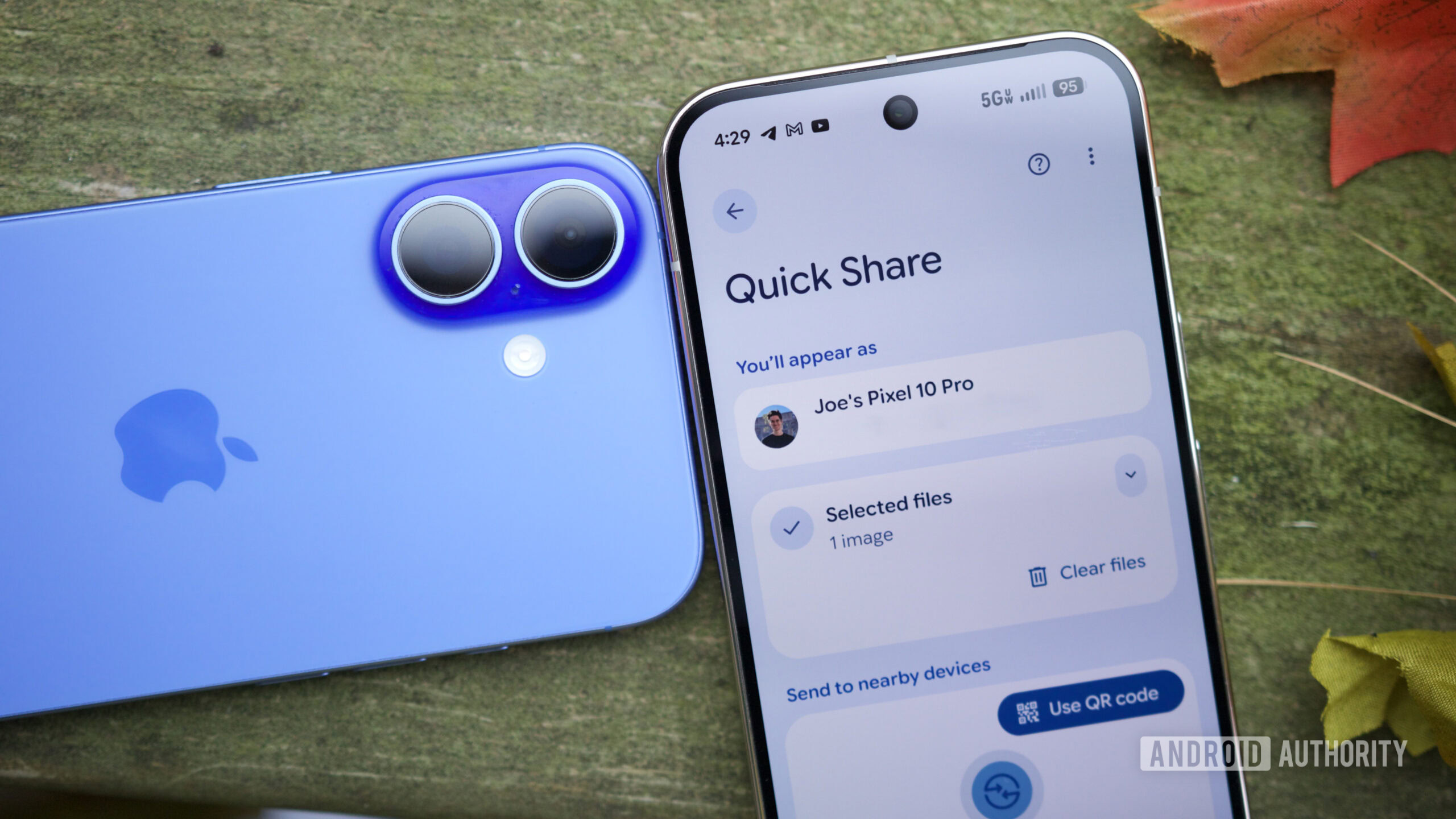Hello, and welcome to TechScape. I’m your host, Blake Montgomery.
A tech titan and a startup are fighting over who controls the next phase of artificial intelligence.
Amazon has sued Perplexity AI, a prominent artificial intelligence startup, over a shopping feature in that company’s browser that allows it to automate placing orders for users. Amazon accused Perplexity AI of covertly accessing customer accounts and disguising AI activity as human browsing.
The clash highlights an emerging debate over regulation of the growing use of AI agents, autonomous digital secretaries powered by AI, and their interaction with websites. Perplexity makes a browser called Comet, which includes an AI agent. Amazon does not want to allow Comet to shop for its users. The rejection has foundation in fact: Microsoft has found in research simulations that AI agents are quite susceptible to manipulation while shopping.
The suit raises a host of questions. Is Perplexity’s agent a rogue buyer with unacceptable security risks, or is Amazon bullying an insurgent competitor out of the game? Whose interests does a semi-autonomous AI agent represent, the customer or the agent’s maker, and who is liable for its misconduct? The next iteration of AI may hang in the balance of the suit.
Perplexity is no champion of the common man against the overbearing dominance of Amazon. The startup has raised $1.5bn at a $20bn valuation, per News. In the process, the company has vacuumed up textual content to train its various AI products with little concern for rights holders, clandestinely circumvent explicit prohibitions on unauthorized scraping. Both Forbes and Wired have accused the company of directly plagiarizing their work with convincing documentation. The Verge has compiled a long, comprehensive list of Perplexity’s controversies.
The company wants market share and money and seems willing to run roughshod over any competitor it can, tiny or titanic, to get it. Jeff Bezos, founder of Amazon, might have seen something of himself in that attitude; critics used to say he exhibited the same ruthlessness. He has, in fact, invested in Perplexity twice.
A future full of slop rears its heads
AI made notable incursions into two spheres last week: music and international relations. My colleague Aisha Down reports:
Three songs generated by artificial intelligence topped music charts this week, reaching the highest spots on Spotify and Billboard charts.
Walk My Walk and Livin’ on Borrowed Time by the outfit Breaking Rust topped Spotify’s “Viral 50” songs in the US, which documents the “most viral tracks right now” on a daily basis, according to the streaming service. A Dutch song, We Say No, No, No to an Asylum Center, an anti-migrant anthem by JW “Broken Veteran” that protests against the creation of new asylum centers, took the top position in Spotify’s global version of the viral chart around the same time. Breaking Rust also appeared in the top five on the global chart.
A study published last week by the streaming app Deezer estimates that 50,000 AI-generated songs are uploaded to the platform every day – 34% of all the music submitted.
Podcasts might be next. An AI startup, Inception Point, is churning out 3,000 episodes per week, the Wrap reports. The startup’s distribution network has amassed 400,000 subscribers and 12m total episode downloads. The cost of each episode: $1. In total, some 175,000 AI-generated podcast episodes exist on Apple Music and Spotify, per the Wrap.
In diplomacy, AI firm Anthropic announced that it had detected and stopped a cyberattack – nearly entirely automated – by state-linked hackers in China. Aisha again:
The US-based Anthropic said its coding tool, Claude Code, was “manipulated” by a Chinese state-sponsored group to attack 30 entities around the world in September, achieving a “handful of successful intrusions”.
after newsletter promotion
This was a “significant escalation” from previous AI-enabled attacks it monitored, it wrote in a blogpost, because Claude acted largely independently: 80 to 90% of the operations involved in the attack were performed without a human in the loop.
“The actor achieved what we believe is the first documented case of a cyber-attack largely executed without human intervention at scale,” it wrote.
The slop hydra rears its head, vomiting into one part of life after another. Though we may stop one automated cyberattack, four more could come just as quickly; if one AI-made album is removed from Spotify, six more may take its place. In the near future, we may find ourselves wading through a daily flood of slop, drowning.










